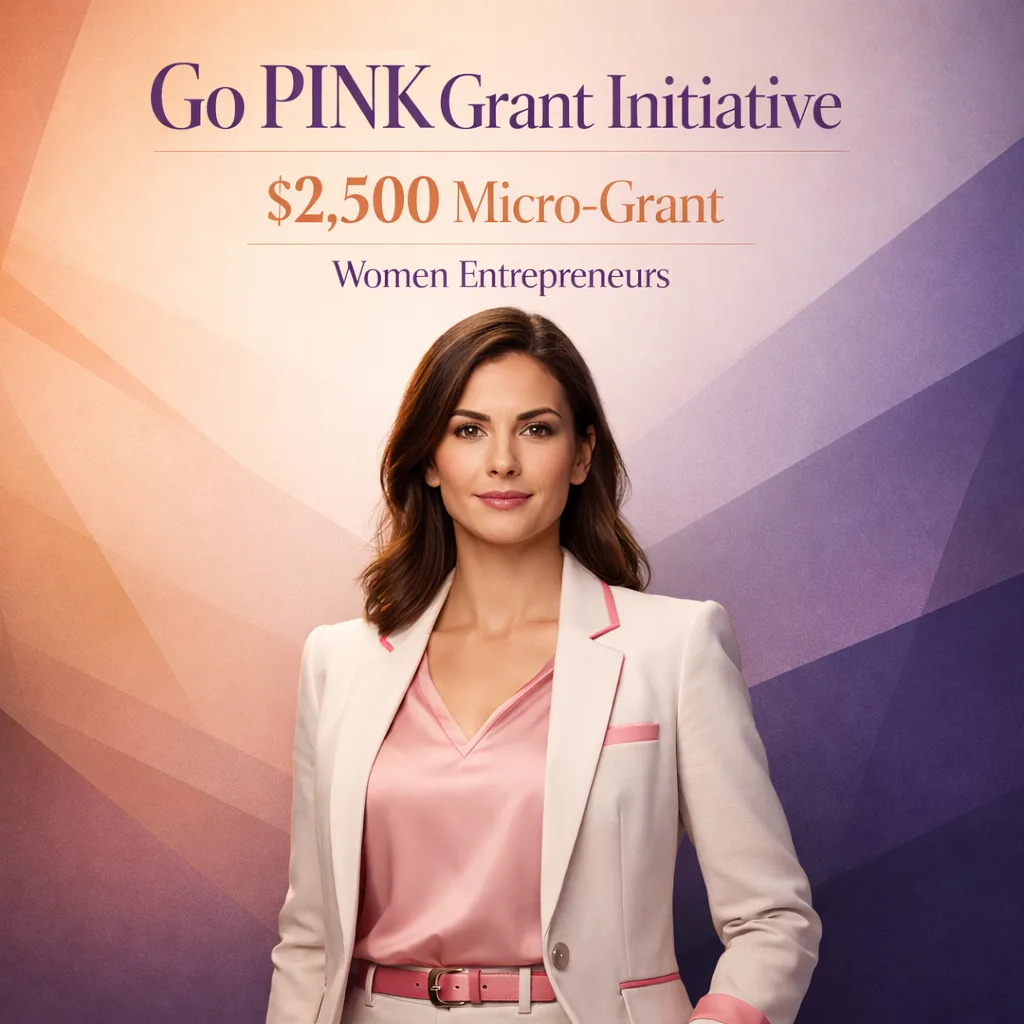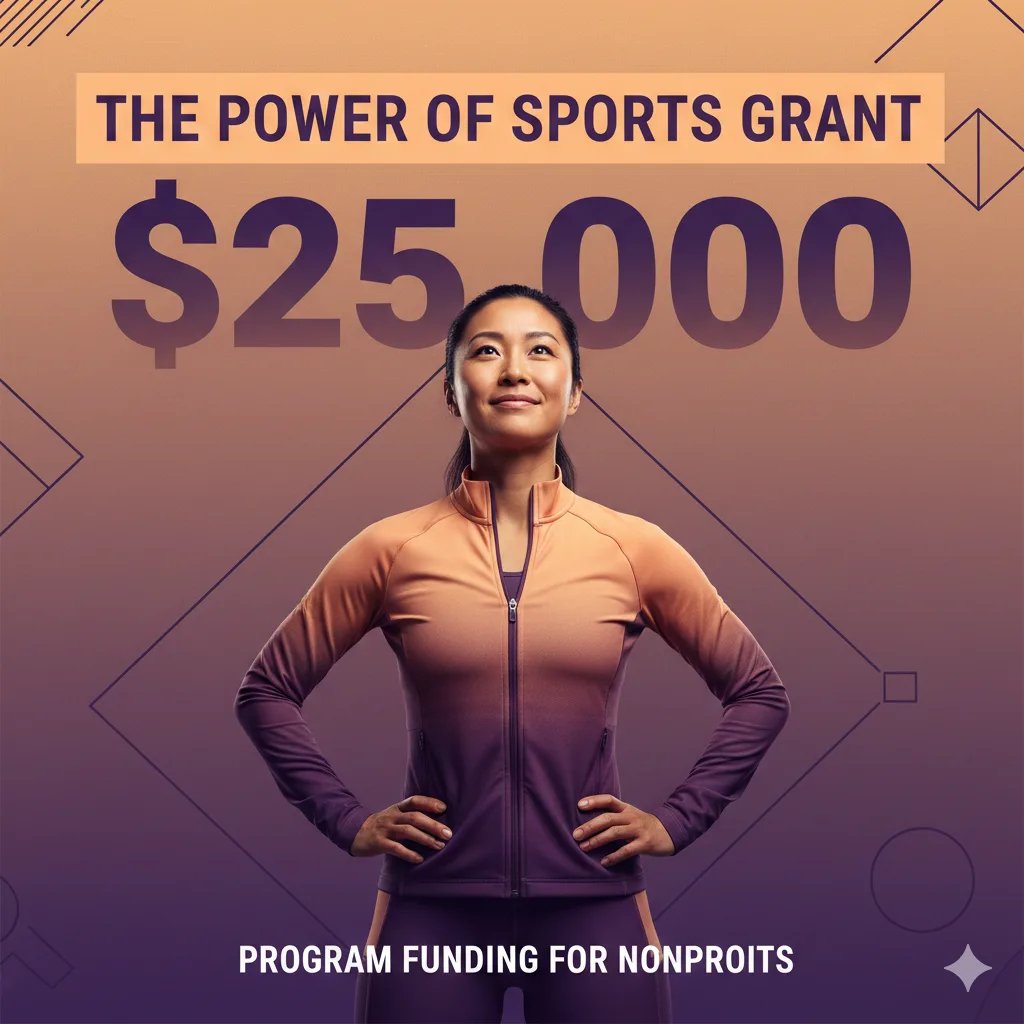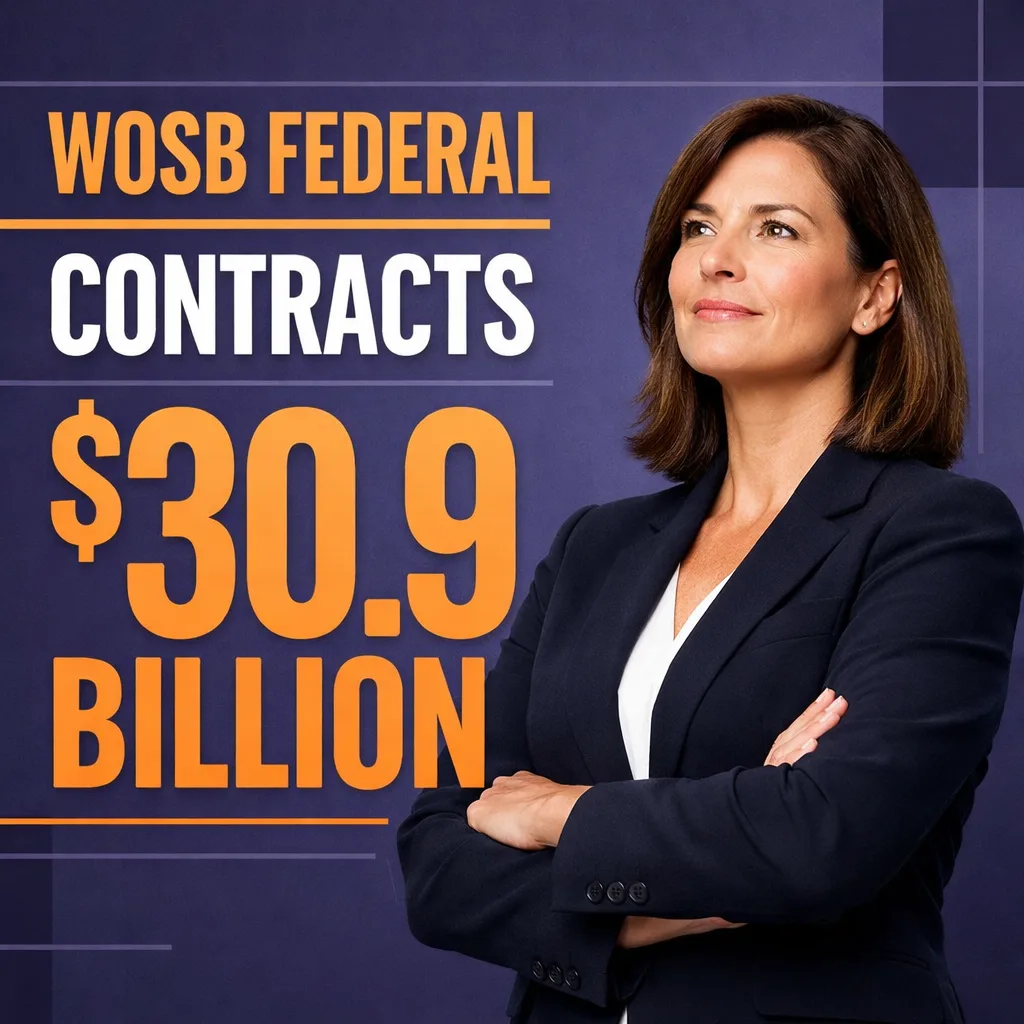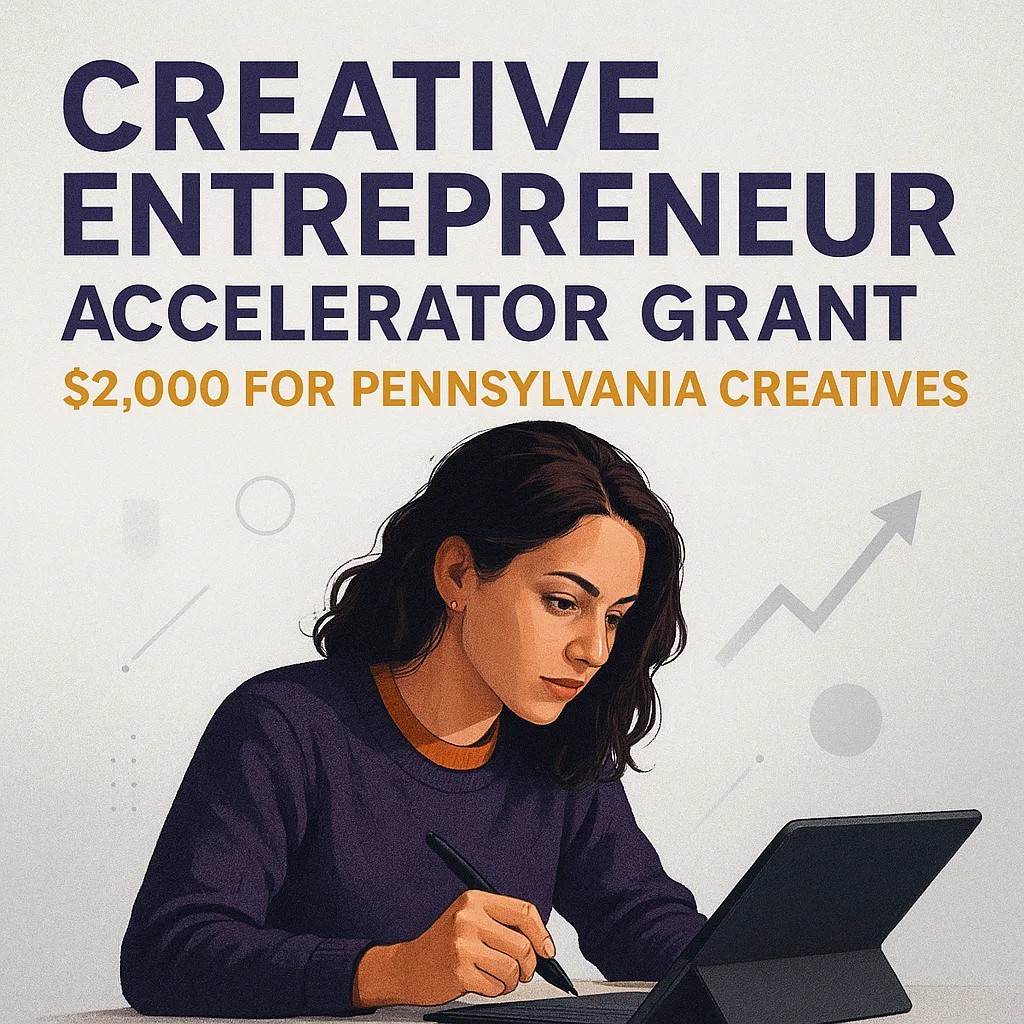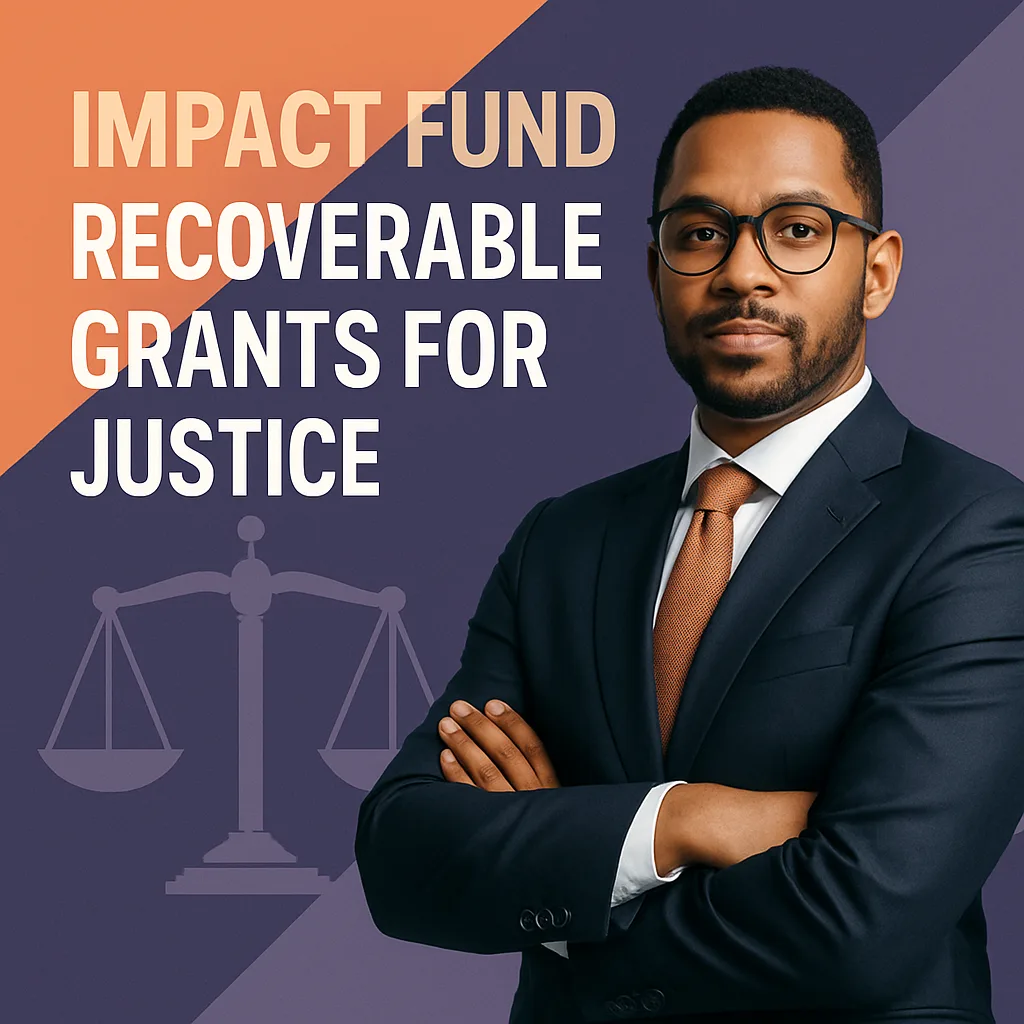
Impact Fund Recoverable Grants for Legal Services Nonprofits and Attorneys
Get up to $50,000 in recoverable litigation funding for social justice cases. Pay nothing back if your case doesn't recover fees.
Grant Overview
Up to $50,000 in Recoverable Litigation Funding for Social Justice Cases
Donor: Impact Fund
About: The Impact Fund runs one of the most unique grant programs in the legal world – and honestly, most attorneys don’t fully understand how it works until they dig deeper. Since 1992, they’ve distributed over $10 million across more than 800 recoverable grants, but here’s what makes them different: you only pay back the money if your case actually wins and recovers attorney fees or costs. No fee recovery? You keep the grant as free funding. It’s basically a no-risk investment in your case.
Most grants range from $10,000 to $50,000, reviewed quarterly. But let’s talk about what “recoverable grant” really means because this trips up a lot of applicants. Experienced grant consultants at Grantaura explain it this way: imagine getting a business loan that automatically becomes forgiven if your venture doesn’t turn profitable. That’s essentially what Impact Fund offers for impact litigation.
Who Can Actually Apply (And Who Can’t)
Legal services nonprofits, private attorneys including solo practitioners, and small law firms are all eligible – but pro se litigants (people representing themselves) cannot apply. You need legitimate attorney representation to even be considered. Unlike other nonprofit grant programs, this isn’t just for established organizations – they genuinely support small firms and solo attorneys who are taking on systemic issues.
The catch? Your case needs to address economic, environmental, racial, or social justice issues that will benefit communities facing systemic oppression. They’re not funding individual disputes or cases without broader impact potential. While they occasionally support cases seeking damages, the primary focus must be systemic change through injunctive or declaratory relief.
The Money Part Everyone Asks About
Here’s where it gets practical. Impact Fund grants cover out-of-pocket litigation expenses like expert fees, discovery costs, court filing fees, and deposition expenses – but they won’t pay for attorney time, staff salaries, or organizational overhead. Think of it as ammunition for the legal battle, not payment for the soldiers fighting it. Professional grant researchers often help attorneys identify which expenses qualify and which don’t before applying.
If your case recovers fees or costs at the end, you repay the original grant amount plus 7% simple interest. That’s actually a pretty reasonable rate considering you’re getting upfront funding with zero personal guarantee. Most attorneys I’ve talked to say the repayment structure is fair – especially since unsuccessful cases owe nothing.
What Gets Funded vs What Doesn’t
Let me be blunt about this because the Impact Fund is picky. They tend not to fund individual plaintiff cases due to limited potential for systemic impact, and they don’t support environmental cases that just preserve natural resources without direct ties to low-income communities or communities of color. They want cases that will change how systems operate, not just individual outcomes.
Class actions get priority, but multi-plaintiff cases and environmental justice work also qualify if they target systemic problems. Environmental grant seekers should note that community involvement is crucial – either cases brought by affected communities or developed through genuine consultation with them.
The Application Process That Actually Works
The process runs on predictable quarterly cycles, which is both good and frustrating depending on your timeline. You start with a Letter of Inquiry (LOI) through their Grant Portal – this isn’t a full application, it’s more like a detailed pitch to see if they’re interested.
Spring cycle: LOIs due January 9, full applications due February 6
Summer cycle: LOIs due April 1, full applications due May 1
Fall cycle: LOIs due July 8, full applications due August 7
Winter cycle: LOIs due October 7, full applications due November 6
They prefer cases that have already been filed or are about to be filed, and you get “extra credit” if you’ve survived a motion to dismiss. This isn’t theoretical litigation funding – they want active cases where additional resources can make a real difference. Business grant applicants often ask about pre-filing funding, but Impact Fund specifically targets ongoing litigation.
Frequently Asked Questions:
Q: Can solo attorneys really compete with big nonprofits for these grants?
A: Yes – they explicitly include solo practitioners and small firms as eligible applicants.
Q: What happens if I win the case but don’t recover attorney fees?
A: No fee recovery means no repayment required – the grant becomes free funding.
Q: Can I use grant money for expert witness fees?
A: Yes, expert fees are specifically mentioned as eligible out-of-pocket litigation expenses.
Q: How competitive is the process?
A: They review applications quarterly and have funded over 800 cases, but specific acceptance rates aren’t published.
Q: Do I need to show community support for my case?
A: For environmental cases especially, they prioritize community involvement or consultation.
Q: Can I apply for the same case multiple times?
A: You can reapply in future cycles if initially rejected, but can’t submit multiple applications per quarter.
What Makes Applications Actually Stand Out
After reviewing hundreds of grant applications across different programs, certain patterns emerge. Successful grant applicants typically demonstrate three key elements: clear legal strategy, documented community impact, and realistic expense projections.
For Impact Fund specifically, they want to see that you understand the systemic nature of the problem you’re tackling. Don’t just describe individual harm – explain how your case could change policies, practices, or legal precedents that affect broader communities. They prioritize cases where affected communities are directly involved in crafting solutions that could result from litigation.
The financial projections matter too. They prioritize requests from applicants who genuinely need funding to keep their cases moving forward. If you can afford the litigation expenses without their help, you’re probably not their target applicant. But if additional funding could make the difference between settling early and pursuing full systemic relief, that’s exactly what they want to support.
Recent Cases They’ve Actually Funded
Looking at their current portfolio gives insight into what they actually fund versus what they say they fund. They’re supporting cases challenging gang injunctions in Orange County that disproportionately target young men of color. They’ve funded litigation against cities that criminalize homelessness when adequate housing alternatives don’t exist. Environmental justice work includes cases addressing contaminated water systems in predominantly Black communities and fighting highway expansions that would increase pollution in already burdened neighborhoods.
They also offer rapid response grants for urgent cases that can’t wait for the regular quarterly cycle. Emergency funding programs like this recognize that legal opportunities often arise on timelines that don’t match neat application schedules.
Common Mistakes That Kill Applications
The biggest error attorneys make is treating this like a traditional grant application. Impact Fund operates more like sophisticated litigation investors who want to understand your legal strategy and believe in your execution capacity. Grant databases list hundreds of funding opportunities, but few operate with Impact Fund’s investor-like mentality.
Don’t oversell superficial community connections. For environmental cases especially, they can distinguish between genuine community partnership and checkbox consultation. If affected communities weren’t involved in developing your legal strategy, be honest about that rather than manufacturing participation stories.
Budget realism matters enormously. If you’re asking for $50,000 but your case realistically needs $200,000 in litigation expenses, they’ll question whether you understand the scope of what you’re undertaking. Professional grant research services help attorneys develop realistic budgets based on comparable case expenses.
Also, be comfortable with the repayment structure. Some attorneys get nervous about the 7% interest rate, but this only applies to successful cases that recover fees. If you’re not confident about fee recovery potential, maybe that’s information about your case strength worth examining.
The Strategic Value Beyond Just Money
Getting an Impact Fund grant signals something important to other potential funders and co-counsel. It means experienced litigation funders reviewed your case and decided it was worth backing. Grant strategy consultants often use Impact Fund approval as leverage when approaching other funding sources or recruiting additional legal talent.
The network effects matter too. Impact Fund grantees get connected to other attorneys working on similar systemic issues. For solo practitioners especially, this can break the isolation of handling complex litigation alone.
Securing funding for impact litigation requires both legal expertise and grant strategy skills. Professional grant writing support can make the difference between applications that get noticed and ones that disappear into the quarterly review pile. If you’re serious about this funding opportunity, CLICK HERE to get the GRANT PROPOSAL WRITING help.
Focus: Social justice litigation, environmental justice, economic justice, civil rights, class action lawsuits, impact litigation, systemic change, community advocacy, recoverable grants, legal nonprofits
Region: United States, Canada
Eligibility:
– Legal services nonprofits
– Private attorneys (including solo practitioners)
– Small law firms
– Cases addressing economic, environmental, racial, or social justice
– Litigation benefiting communities facing systemic oppression
– Cases filed or about to be filed
– Attorney representation required (no pro se litigants)
– Willingness to repay grant plus 7% interest if case recovers fees/costs
– Priority given to cases involving affected community participation
Benefits:
– Financial Award: $10,000 to $50,000 per case
– Recoverable Grant Structure: No repayment if case doesn’t recover fees/costs
– Quarterly Review Cycles: Four application opportunities annually
– Rapid Response Option: Emergency funding for urgent cases
– Professional Network Access: Connections to experienced impact litigation attorneys
– Strategic Validation: Grant approval signals case strength to other funders
Deadline: Ongoing – Quarterly deadlines: LOIs due January 9, April 1, July 8, and October 7 annually
Terms:
– Recoverable Grant: Funding that becomes free if case doesn’t recover attorney fees or costs, but must be repaid with 7% simple interest if fees are recovered
– Impact Litigation: Legal cases designed to create systemic change affecting broader communities beyond individual plaintiffs
– Out-of-Pocket Litigation Expenses: Court costs, expert witness fees, discovery expenses, deposition costs (excludes attorney time and staff salaries)
– Letter of Inquiry (LOI): Initial screening application before full proposal invitation
– Systemic Change: Legal outcomes that reform policies, practices, or precedents affecting entire communities or systems
Author: I’ve spent years working with attorneys who are trying to fund the cases that could reshape entire communities – and the Impact Fund represents something really unique in this space. Most legal funding either comes with crushing interest rates or requires you to give up control of your case strategy. The recoverable grant model bridges that gap, but understanding how to position your case for their review process requires knowing what they’re really looking for beyond the official criteria. At Grantaura, I help legal organizations develop funding strategies that match their litigation goals with the right financial partners, because having the resources to see a systemic case through to victory can be the difference between settling for individual relief and achieving the policy changes that protect thousands of people.
How to apply for this grant
We are your trusted grant application partners. You can navigate the entire grant application process with our expert guidance through this simple 5-step process.
Step 1: Application Form
Fill out the “Apply for this grant” form with your information and grant requirements.
Step 2: Eligibility Assessment
Our grant experts will assess your eligibility and notify you via email.
Step 3: Expert Consultation
A dedicated grant expert will be assigned to discuss next steps for your application.
Step 4: Application Submission
Our expert will help you complete and submit your application with all required materials.
Step 5: Final Decision
The grant committee will make their decision and notify successful applicants.

